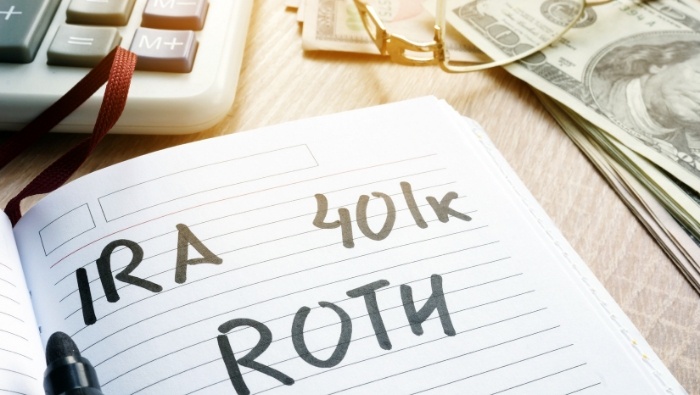The Importance of Taxes and RMDs on Your Retirement Accounts
by Gary Foreman

If you don’t understand the importance of taxes and RMDs on your retirement accounts, those taxes and RMDs could eat up a good portion of your retirement savings. Here’s what you need to know before you reach retirement age.
You’ve been saving for 50 years or so. But you hear that RMDs and taxes could take a big chunk out of those savings. You’ve heard right. You should know the importance of taxes and RMDs on your retirement accounts.
So we contacted Brian Puckett to find out how required minimum distributions and taxes affect your retirement accounts. Mr. Puckett is a CPA, Certified Financial Planner®, and attorney. He’s responsible for Align Wealth Management located in Oklahoma City and Tampa Bay.
Q: Most of us want to believe that our taxes will go down after we retire, but that’s not necessarily true. Why is that?
Mr. Puckett: When you think about it, if one pays less tax, then one must have less taxable income. Folks who have worked hard in their careers, spent less than they made, and invested wisely tend to end up with more money than they need. Many of these folks also end up with an income that is equal to or greater than what they earned while working. Hence, they tend to have great lifestyles and they tend to end up in a tax bracket that matches that lifestyle.
I might add that, in all my years in the financial planning business, I’ve never had a prospective client ask me to show them how to lower their income. It’s human nature to strive for better, not worse.
You deserve a comfortable retirement.
Q: Is there a “one size fits all” solution to minimizing taxes on IRAs and 401k distributions?
Mr. Puckett: Not really. Every case is different because every person is different. That said, it’s usually wise to spend taxable or tax free assets before tax sheltered assets.
Q: What’s an “RMD” and why is it important that I know about it and plan for it?
Mr. Puckett: RMD, as the term is used with respect to retirement accounts, stands for Required Minimum Distribution. It’s important to know the rules and how to best apply them to minimize your overall tax burden. Failure to timely take a RMD can result in a penalty of 50% of the amount one should have withdrawn.
Q: You advise clients to prioritize which retirement accounts they use for withdrawals. Why is that?
Mr. Puckett: Because it can help them save taxes but most importantly because it can improve the odds that they won’t run out of money before they run out of life.
Q: Can I set up a withdrawal plan when I retire and then just put it on autopilot?
Mr. Puckett: You can, but that’s dangerous. Things are always changing like taxes, interest rates, inflation, etc.
Q: So I should review it periodically?
Mr. Puckett: Definitely.
Q: How often should the reviews be?
Mr. Puckett: If one is a do-it-yourselfer, then I’d recommend a monthly review. If one has employed a quality financial advisor, then one to three meetings annually should suffice, unless there are extraordinary circumstances.
Reviewed August 2023
About the Author
Gary Foreman is the former owner and editor of the After50Finances.com website and newsletter. He's been featured in MSN Money, Yahoo Finance, Fox Business, The Nightly Business Report, US News Money, Credit.com and CreditCards.com.
Sign me up for a comfortable retirement!
Sign me up for a comfortable retirement!
Popular Articles
- Comparing Retirement Housing Options
- How We Retired With Almost No Savings
- How Retirees Can Live on a Tight Budget
- 9 Things You Need to Do Before You Retire
- What You Need to Know About Long Term Care Insurance Before You Retire
- You Didn’t Save Enough for Retirement and You’re 55+
- Could Debt Derail Your Retirement? A Checklist
- Your Emergency Fund In Retirement: A Comprehensive Guide
- Managing Your 401k In Your 50s


